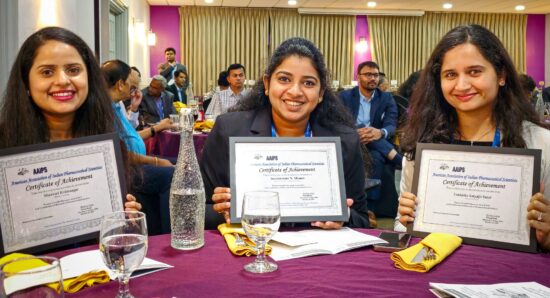Elbows don’t need opioids, change the gut to change your BP, Georgia sues Meta, and more
26 Oct 2023
Posted by Andrew Kantor
Bacteria for blood pressure
If you don’t make enough of a protein called ACE2, your body (and bodies of rats) will produce angiotensin II, a hormone that raises blood pressure. So how do you get more ACE2? By changing your gut bacteria, of course.
Researchers at the University of Toledo started with Lactobacillus paracasei (a friendly gut bacterium), engineered it to produce ACE2, and gave it to hypertensive rats with high blood pressure.
You’re expecting to read that it work, and it did, sort of.
[T]he blood-pressure-lowering effects were only seen in female rats. Though there was no difference in ACE2 expression between male and female rats, only the female rats saw a decrease in their blood pressure.
Why? Because, they think, “The gene encoding ACE2 is located in a region of the X-chromosome” that can sometimes be deactivated. The ladies have two copies of it, so they’ve got a backup. Regardless, they call the finding a steppingstone: “It is a real possibility that we can use bacteria to correct hypertension.”
Today’s Mercer shout-out
High-fives all around to Sharvari Kshirsagar, Sreelakshmi Menon, and Tanishka Saraf — three Mercer students who just took home half of the American Association of Indian Pharmaceutical Scientists’ annual Graduate Student Awards. W00t!

They politely sat in alphabetical order
For moms to be
Covid vax protection
When mom is vaccinated for Covid, Junior doesn’t just get protection from the virus, but also has a lower risk of a bunch of “poor outcomes” — notably NICU admission and death. That’s what Canadian researchers found when looking at the health data for more than 140,000 births in Ontario.
“Our results were consistent across the number of doses someone received during pregnancy, the trimester in which they were vaccinated, and the vaccine product they received.”
The right way to give insulin
Forget injections or even pumps. British researchers say that pregnant women with diabetes should all be using automatic insulin-delivery systems. Their study found that automatic, smartphone-based “hybrid closed-loop technology” technology for mom reduced a baby’s risk of “…premature birth, need for intensive care after birth, and being too large at birth, which increases the lifelong risk of overweight and obesity.”
“Compared to traditional insulin therapy methods, women who used the technology spent more time in the target range for pregnancy blood sugar levels — 68 percent vs 56 percent, which is equivalent to an additional two-and-a-half to three hours every day throughout pregnancy.”
Even better, they called the technology — wait for it — “game-changing.”
When OTC painkillers work just fine
When kids get “routine elbow surgery” (apparently that’s a thing), it’s tempting to give ’em opioids for the pain rather than deal with the whining. No need, say researchers at the Children’s Hospital of Philadelphia — ibuprofen and acetaminophen work just as well.
The researchers found no significant differences in pain ratings between opioid and non-opioid groups at any timepoint. Notably, 35% of patients who were prescribed opioids never took them, and 49% took only one to three doses over the entire postoperative period.
The study looked specifically at a procedure called closed reduction and percutaneous pinning (I see a few people in the audience nodding), but the docs say it might also apply to other orthopedic procedures.
RSV vax coming for younger folks
GSK reports AOK results for its RSV vax for people ages 50 to 59. It was a phase 3 trial, meaning the company is planning to submit final results to the FDA in hopes of having the shot approved for that age group — or at least people that age who are vulnerable to RSV.
The Long Read: The Cost of GLP-1s edition
GLP-1 drugs like Ozempic and Wegovy can save a lot of lives and a lot of money on healthcare, but they’re way too expensive for many of the people who could benefit. Or are they?
The New York Times explains how it’s more than just list price vs. actual price — there are plenty more reasons these drugs are going to be less expensive than we think.
Short Takes
States sue over social media
Georgia is one of 41 states (and DC) suing Facebook parent company Meta for ‘exploiting and manipulating’ children and playing a major role in the the ongoing youth mental health crisis.
Collectively, more than 40 states paint a picture of a company that brushed aside safety concerns about its products in order to addict as many young people as possible as a way of juicing its profits.
Add it to the list
“[A] flesh-eating parasite known as Leishmania mexicana is now likely spreading locally through some sand flies native to the southern U.S.”


